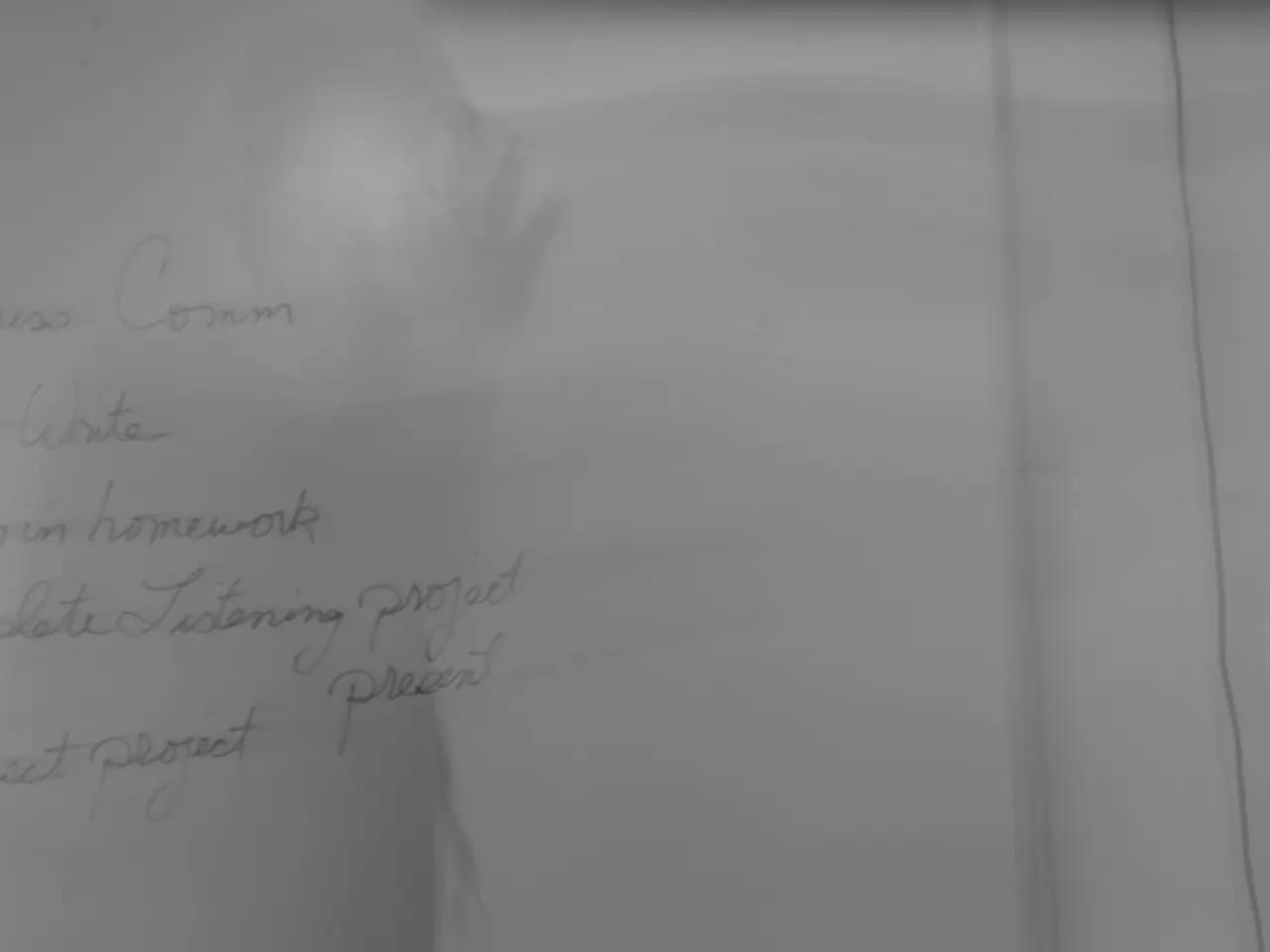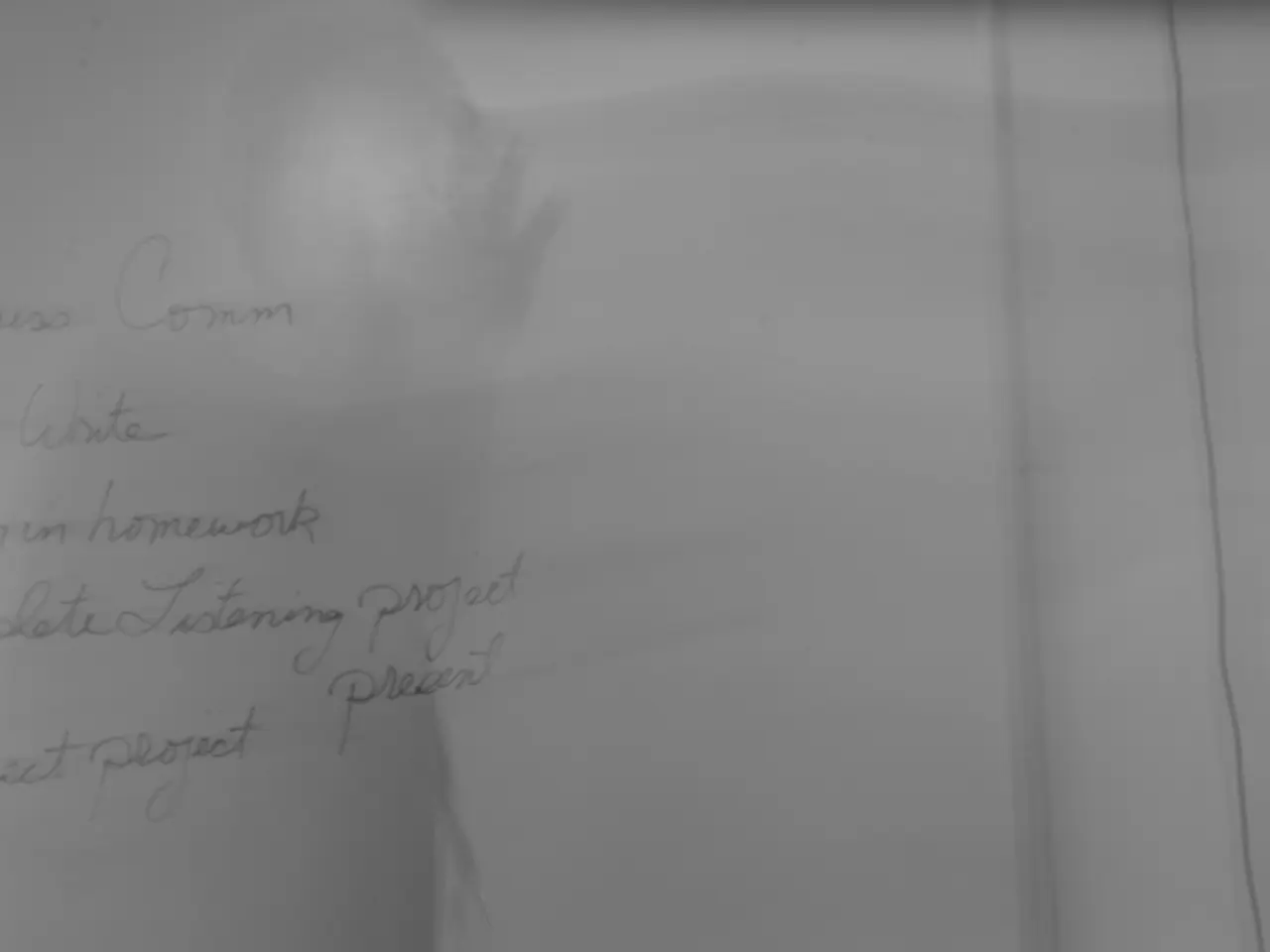The Fate of Your Mortgage Upon Your Demise
In the unfortunate event of a homeowner's passing, several legal and financial considerations come into play, especially when it comes to mortgages. Here's a breakdown of what heirs need to know.
When a homeowner dies without a will or a co-borrower on the mortgage, the responsibility for the mortgage payments falls to the executor of the deceased’s estate. The executor handles mortgage payments in the interim, potentially selling the home if the estate lacks funds to continue payments.
It's crucial to note that mortgage debt does not disappear at death. The lender must be repaid, either from estate funds or by heirs who inherit the property. Without a will, intestacy laws apply, and the deceased’s share of the property and other assets will be distributed according to statutory rules, which may involve probate and can be complicated and time-consuming.
Heirs have several options when it comes to the inherited property and its mortgage. They can choose to refinance the mortgage, sell the property, or let the lender foreclose, but there may be consequences such as deficiency judgment. If heirs decide to keep the home, they will receive a due and payable notice from the lender, and then they'll have 30 days to buy, sell, or turn the home over to the lender to pay off the balance.
If the surviving spouse isn't listed on the mortgage, they may be able to assume the mortgage and keep the home, provided they are able to afford the mortgage payments. In cases when a homeowner passes away with no immediate heir, a public administrator may be appointed to supervise the administration of the estate.
When it comes to reverse mortgages, the beneficiaries or heirs of the deceased reverse mortgage loan holder must pay off the loan to keep the home. If there are co-borrowers, they will still receive the loan benefits. If the mortgage is divided between multiple heirs, they must decide what to do with the home and the mortgage.
It's essential to notify the mortgage lender of a loved one's death as soon as possible. Federal and state laws typically require a lender to work with a surviving spouse or family member who inherits a mortgaged home.
Proactive measures such as estate planning, creating a will, purchasing life insurance, and considering mortgage protection insurance can help ease the process for loved ones after death. Gathering necessary documents, such as a death certificate and deed, is required to transfer the title.
When assuming a mortgage, heirs can work directly with the servicer or hire an attorney for assistance. If the inherited property needs repairs, the heir should assess the overall costs and determine whether they are willing to shoulder the expense.
In summary, navigating mortgages after a loved one's death can be complex, but understanding the process and taking proactive measures can help heirs make informed decisions and ensure a smooth transition.
- In the realm of personal-finance and education-and-self-development, it's crucial for homeowners to consider estate planning and creating a will to simplify the process for their heirs when it comes to mortgage obligations.
- When inheriting a property with a mortgage, the heirs may need to attend to various business aspects, including refinancing, selling, or making mortgage payments, which emphasizes the importance of understanding financial responsibilities and legal considerations.




